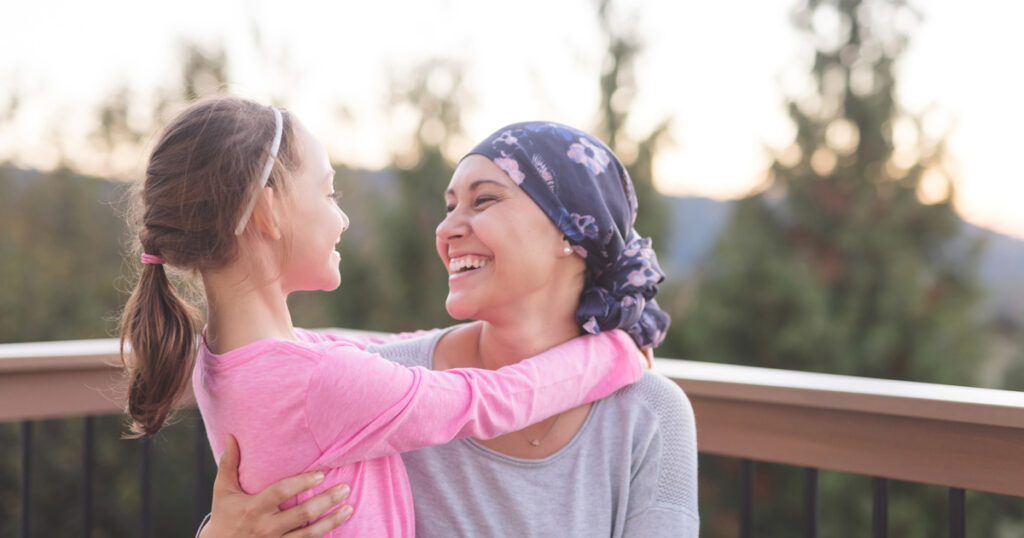Dispelling Cancer Myths in Ghana: Raising Awareness for Breast Cancer Month
Advocating for Change: Dispelling Myths about Cancer in Ghanaian Communities
Introduction
October is observed as Breast Cancer Awareness Month, a critical period dedicated to cancer advocacy, education, and awareness, especially here in Ghana. While cancer has become a well-known term, myths and misconceptions continue to hinder timely diagnosis and treatment. These misconceptions can cause stigma, fear, and delay medical care. This blog focuses on debunking common myths about cancer and encouraging open conversations about the disease to drive advocacy efforts within Ghanaian communities.

Common Myths about Cancer
Myth 1: Cancer is a Death Sentence
One of the most harmful beliefs is that cancer is a certain death sentence. While some cancers are indeed severe, others can be treated effectively when detected early. Recent advancements in cancer treatment, including chemotherapy and immunotherapy, have greatly improved survival rates, especially for cancers like breast and cervical cancer in Ghana.

Myth 2: Only Older People Get Cancer
Cancer can affect people of all ages. For instance, childhood cancers like leukemia are becoming more common in Ghana. Raising awareness about the reality that children, young adults, and middle-aged individuals can develop cancer is essential for promoting early screening and treatment at any stage of life.
Myth 3: Cancer is Contagious
There is a widespread belief in some communities that cancer can be caught like an infectious disease. This is entirely false. Cancer develops due to genetic mutations or environmental factors, and it is not something that can be passed from one person to another. Dispelling this myth can help reduce the stigma that isolates cancer patients from community support.

Myth 4: Traditional Medicine Can Cure Cancer
While traditional medicine is highly respected in Ghana and may help with symptom relief, there is no scientific evidence that it can cure cancer. It is crucial for individuals diagnosed with cancer to seek formal medical treatment, such as surgery, chemotherapy, or radiation, to improve their chances of recovery. Combining traditional practices with evidence-based medicine may offer the best outcomes, but relying solely on traditional remedies can delay life-saving treatments.
The Impact of Myths on Treatment and Prevention
Believing these myths often results in delays in seeking proper treatment, which worsens cancer outcomes. The earlier cancer is diagnosed, the more effective the treatment. By addressing misconceptions and encouraging regular health checkups, especially during Breast Cancer Awareness Month, we can significantly improve the chances of early detection and survival.
Data from the US National Cancer Institute’s Surveillance, Epidemiology, and End Results (SEER) Program, charted below, illustrates the critical importance of early cancer detection.
Earlier Detection Means An Earlier Cure(Imagion Biosystems)Encouraging Accurate Information and Advocacy
To fight against cancer myths, we must encourage the spread of accurate information through reliable sources. Public campaigns, community discussions, and workshops can all contribute to raising awareness and providing support to those affected. Some resources include:
- Ghana National Cancer Registry: For accurate cancer data and statistics in Ghana.
- Ghana Health Service: A hub for information on cancer prevention and treatment.
- Local Hospitals and Clinics: Many healthcare facilities offer cancer screening and educational programs.
Join us in raising awareness and supporting those affected by cancer this October!
Recent Blogs
- Comprehensive Guide to Cancer Treatments in Ghana: What You Need to Know
- Understanding Cancer Mortality Rates In Ghana : Socio-Economic Underlying Causes And Mitigations
- Stay Hydrated and Nourished: Essential Tips for Cancer Prevention in Ghana’s Climate
- CANCER 101: How Cancer Develops, Types and it's Prevalence in Ghana
- Why do we need to do regular screenings for cancer detection?
Comments
Post a Comment